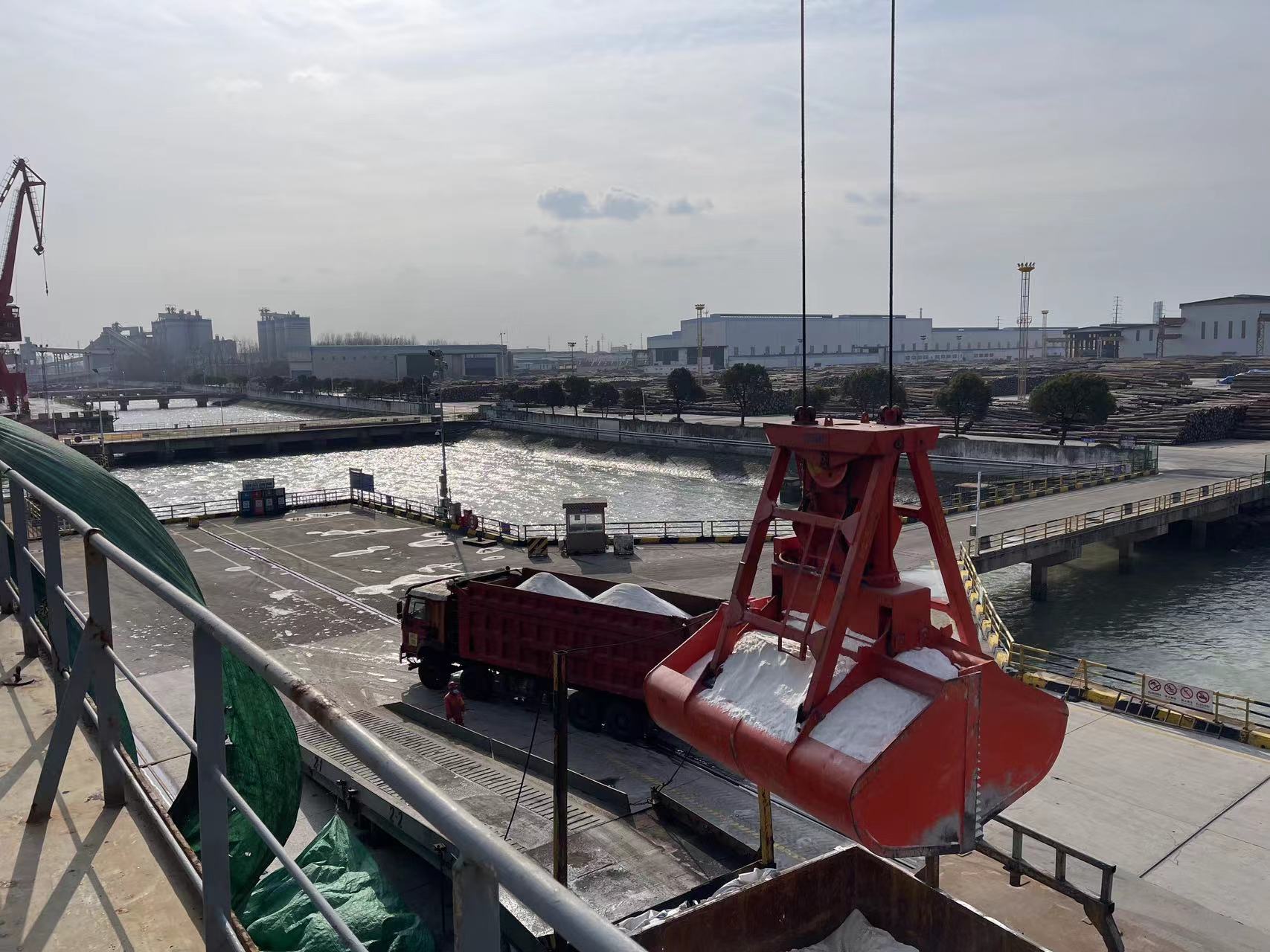Soil is known as the "source of life" in agriculture. It provides the nutrients needed for crops to grow. The richness of nutrients directly affects the growth, development and yield of crops. Soil nutrients mainly include basic nutrients such as nitrogen, phosphorus, potassium, and trace elements such as iron and zinc. These nutrients are absorbed by plant roots, converted into necessary components in the plant body, participate in biochemical reactions, and promote plant growth and development.
Healthy soil is not only a reservoir of nutrients, but also the basis for maintaining ecological balance and promoting biodiversity. Reasonable soil management can improve the physical, chemical and biological properties of the soil, thereby improving the growth of crops. The nutrient level of the soil can be effectively improved by applying organic fertilizers, crop rotation, cover crops and other measures.
Scientific soil nutrient management strategies include regular soil testing to understand the current soil nutrient status and develop corresponding fertilization plans. At the same time, it is necessary to consider the differences in nutrient requirements of different crops and reasonably choose the type and method of fertilization. The use of precision fertilization technology can adjust the nutrient supply according to the different stages of crop growth to ensure that crops get adequate nutrition during the critical growth period.
In the context of severe challenges facing the world such as food security, environmental protection and climate change, scientific management of soil nutrients is particularly important. By optimizing soil nutrient management, we can not only improve crop yield and quality, but also reduce the negative impact of agricultural production on the environment and achieve sustainable agricultural development. The core of agricultural modernization lies in scientific resource management, and the rational use of soil nutrients is a key link in this process.

.jpg)
To achieve sustainable agricultural development, more attention and resources must be devoted to the scientific management of soil nutrients. In the context of increasingly fierce global competition, increasing brand awareness and market share requires the joint efforts of the entire industry to promote agricultural technological innovation and management model changes.